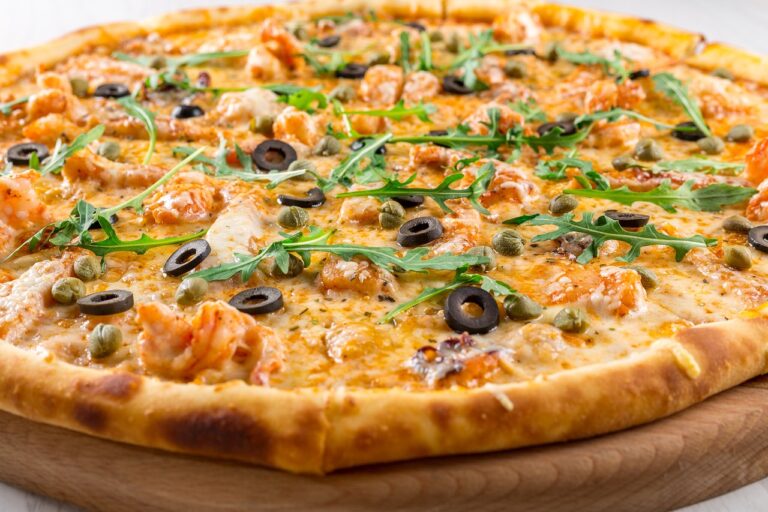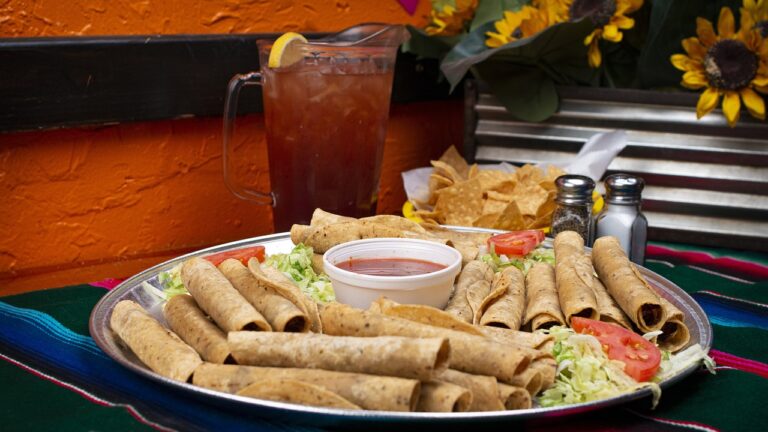How Millennials are Driving the Frozen Food Market: 11xplay sign up, India 24 bet login, Skyinplay.com login
11xplay sign up, india 24 bet login, skyinplay.com login: Millennials are shaping the way we consume and interact with food, and one area where their influence is particularly evident is in the frozen food market. Traditionally viewed as a convenient but less nutritious option, frozen foods have undergone a renaissance in recent years, thanks in large part to the preferences and purchasing power of the millennial generation.
So, how exactly are millennials driving the frozen food market? Let’s delve into the ways in which this demographic is impacting the industry.
Convenience is key
Millennials are known for their fast-paced lifestyles and busy schedules. With demanding jobs, social commitments, and a desire for work-life balance, this generation values convenience above all else when it comes to food choices. Frozen foods fit perfectly into this lifestyle, offering quick and easy meal options that can be prepared in minutes.
Gone are the days when frozen food was synonymous with TV dinners and bland microwave meals. Today’s frozen food options cater to a wide range of tastes and dietary preferences, from plant-based options to globally inspired cuisines. Brands are innovating to provide healthier, more nutritious options that appeal to the health-conscious millennial consumer.
Sustainability matters
Another key factor driving millennials’ interest in frozen foods is sustainability. This generation is environmentally conscious and cares deeply about the impact their choices have on the planet. Frozen foods can actually be a more sustainable choice than fresh produce in some cases, as they have a longer shelf life and reduce food waste.
Additionally, many frozen food companies are prioritizing sustainability in their packaging and production processes. By choosing brands that use eco-friendly packaging and support sustainable farming practices, millennials can feel good about their food choices and their impact on the environment.
Social media influence
Millennials are the most digitally connected generation, and their purchasing decisions are heavily influenced by social media and online platforms. Food bloggers, influencers, and recipe websites play a significant role in shaping millennials’ attitudes towards food, including frozen options.
By showcasing creative ways to use frozen foods in recipes, influencers are helping to change the perception of frozen food as a less desirable option. Millennials are more likely to try new products and brands that they discover through social media, making it a powerful tool for frozen food companies looking to reach this demographic.
Health and wellness trends
The health and wellness movement has gained significant momentum in recent years, with millennials leading the charge towards a healthier lifestyle. This generation is more health-conscious than previous ones, and they are seeking out food options that not only taste good but also support their overall well-being.
Frozen food companies have responded to this shift by introducing cleaner ingredient lists, organic options, and products free from additives and preservatives. Millennials are willing to pay a premium for these healthier choices, driving growth in the frozen food market and expanding the range of options available to consumers.
E-commerce and meal delivery services
The rise of e-commerce and meal delivery services has also played a role in the growth of the frozen food market among millennials. With the click of a button, consumers can have a selection of frozen meals and snacks delivered right to their doorstep, making it easier than ever to incorporate frozen foods into their meal planning.
Meal delivery services often partner with popular frozen food brands to offer convenient, pre-portioned meals that cater to a variety of dietary preferences. This level of convenience and customization appeals to millennials who are looking for quick and easy solutions to their mealtime dilemmas.
In conclusion, millennials are driving the frozen food market in a number of ways, from prioritizing convenience and sustainability to influencing health and wellness trends and embracing e-commerce options. As this generation continues to shape the food industry with their preferences and purchasing power, we can expect to see further innovation and growth in the frozen food market.
FAQs
Q: Are frozen foods healthy?
A: Frozen foods can be a healthy choice, depending on the brand and ingredients. Look for options that are free from additives and preservatives and prioritize whole, natural ingredients.
Q: How can I make frozen meals more nutritious?
A: One way to boost the nutritional value of frozen meals is to add in extra vegetables or lean proteins. You can also pair frozen entrees with a side salad or whole grains for a balanced meal.
Q: Are frozen foods more sustainable than fresh produce?
A: In some cases, yes. Frozen foods have a longer shelf life and can help reduce food waste compared to fresh produce that may spoil before being consumed.
Q: What are some popular frozen food brands among millennials?
A: Some popular frozen food brands that appeal to millennials include Amy’s Kitchen, Beyond Meat, Caulipower, and Sweet Earth. These brands offer a variety of plant-based, organic, and gluten-free options that cater to different dietary preferences.







